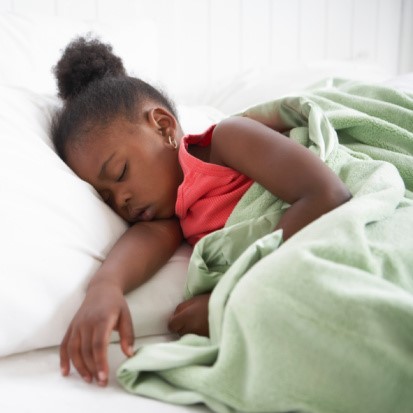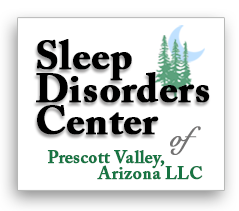We have noted a significant correlation between depression and sleep disorders in adults for years. However, in this month’s issue of Journal of Clinical Sleep Medicine, a study entitled The Relationship between Depressive Symptoms and Obstructive Sleep Apnea in Pediatric Populations: A Meta-Analysis, demonstrated the increased incidence of depression in children from preschool up to age 18 with sleep apnea.
It is well-known that childhood depression is a significant problem. Depression affects 1% of preschoolers, 2% of school-age children, and up to 8% of adolescents. If untreated, it poses a significant risk for increased psychosocial problems, as well as substance abuse and suicide. It is also known that about 2% of all children in this age group suffer from sleep-disordered breathing.
How sleep apnea might lead to depression is speculative. However, we do know that low oxygen levels can adversely affect areas of the brain required for emotional regulation. We also know that sleep apnea causes marked fragmentation of sleep. This results in poorer quality and duration of sleep, both of which have been associated with the development of mood disorders.
The authors point out there may be metabolic and hormonal changes involved. Sleep apnea causes resistance to the hormone leptin, an appetite suppressing hormone. When resistance develops, weight gain occurs. This can result in obesity which is associated with low self-esteem and may be followed by depression. In addition, sleep apnea has been associated with low serotonin levels which has also been associated with depression.
No matter the mechanism, the fact is that there is an increase in depression in children with sleep apnea. The good news is that the study showed that children with sleep apnea who were treated with adenotonsillectomy had a very positive response. The authors found a significant “decrease in depressive symptoms compared to pre-surgery levels”.
The take home message here is that children and adolescents with depression should be screened carefully for associated sleep-related breathing disorders. Considering the controversy over the potential dangers of antidepressant medications in this age group, wouldn’t it be nice to have a safe alternative treatment to offer many of them and their parents?


